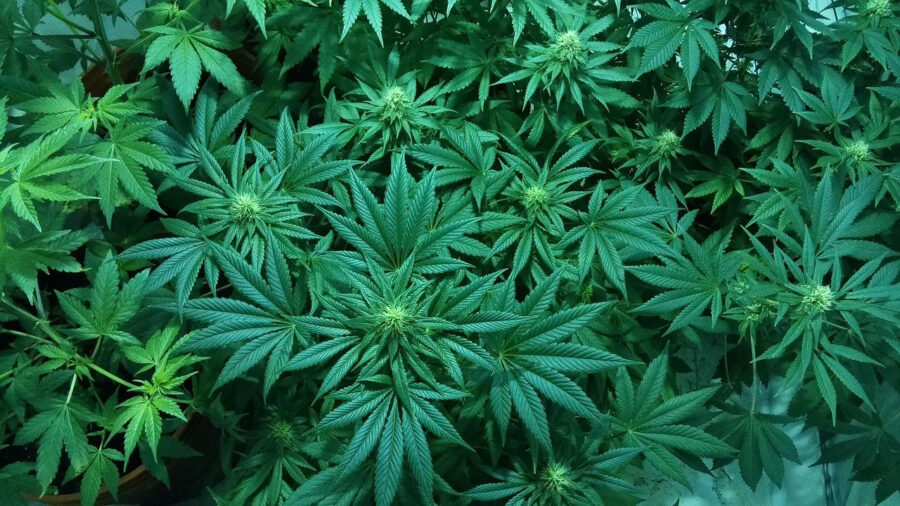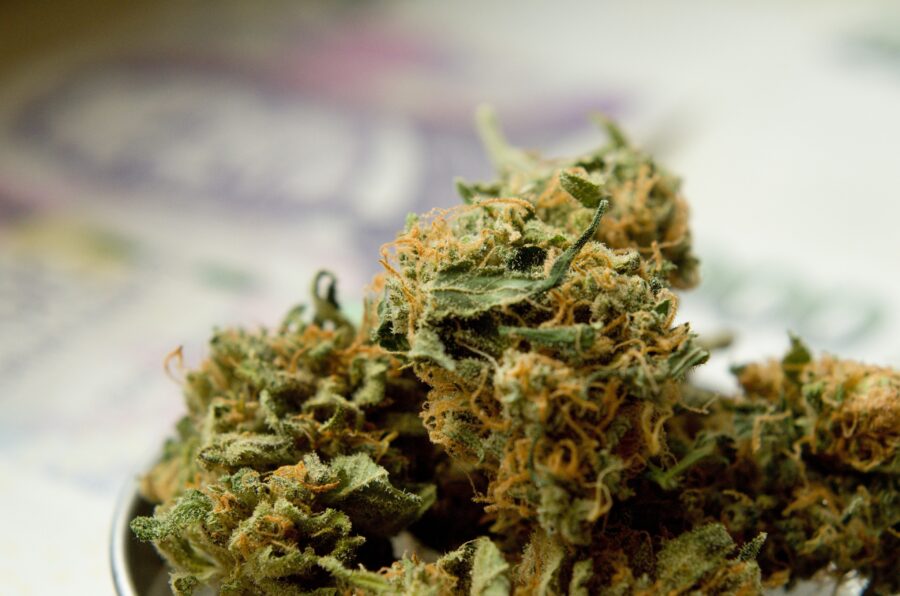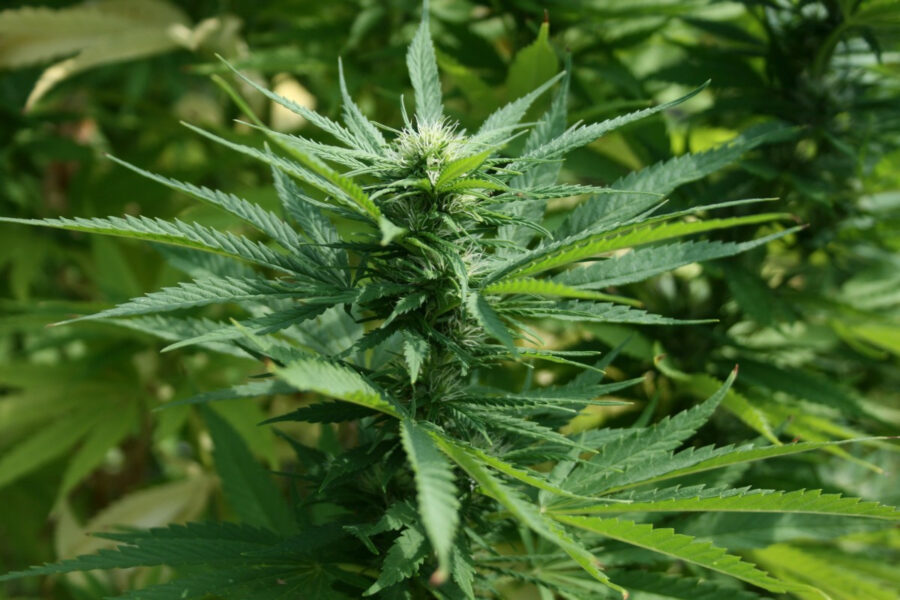Marijuana Is Helping Stop Opioid Deaths
Marijuana is helping to save lives. Here's the proof.
This article is more than 2 years old

Could marijuana help us lower drug addiction rates in the United States? That’s unclear, though there are multiple studies that seem promising in that direction. One recent study has found that there is an identifiable link between the number of opioid-related deaths and the number of legal marijuana dispensaries in a location.
It is a truth today that opioid addiction leads to many deaths every year. In 2018, there were more than 46,000 deaths related to fentanyl usage in the United States. That is more than two-thirds of all the opioid related deaths that year in the country. Fentanyl is a powerful drug that is sometimes compared to morphine, but it’s more powerful. The drug is prescribed for those in severe pain. While opioids are often prescribed for those in acute, short term pain, it’s also prescribed to people in chronic pain. As all it does is relieve symptoms and not cure their health problems. Usage happens over the long term and typically develops into drug addiction. Situations like this are difficult and unfortunately common.
So what does marijuana have to do with this? The recent study is observational and calls for more studies to be done. What they found is a link between legal marijuana and opioid deaths. The researchers narrowed down the counties in the United States with legal dispensaries for both medical and recreational use. They then took a look at the number of opioid deaths in those counties. Cases were examined between 2014 and 2018 in places that had legalized marijuana by the end of 2017. Interestingly, they found a clear link between fewer opioid deaths and places that had marijuana dispensaries.

In fact, when a county increased from just one marijuana dispensary to two, that county would see an average of 17% fewer opioid-related deaths.
What does this mean? Mostly, it means that we need to know more. The link between opioid-related deaths and marijuana is something researchers have been coming at from different angles for years. Many have asked whether marijuana can be used during drug addiction recovery. Multiple studies suggest that if cannabis is prescribed for chronic pain in the first place, opioid addiction can be avoided.
Marijuana isn’t just the stuff in Cheech & Chong movies or the stuff that gives you the munchies. Today, it’s being looked at as a way to lower drug addiction rates. This throws a lot of people off since cannabis is considered a drug in itself. Keep in mind that drugs are prescribed by medical professionals as part of an overall addiction recovery treatment plan.

We are still learning more about addiction and how cannabis may help every day. What we understand so far is that the endocannabinoid system manages a lot of parts of our moods, memories, appetites, sensory responses, and cognition in general. One of the big things it does for us is reward signaling. When we do anything repetitive where we get a reward, the endocannabinoid system is there. People with drug addictions are experiencing a lot in their endocannabinoid system. Then, we have marijuana, which has cannabidiol. This interacts with the receptors in the endocannabinoid system. We’re still looking at all the reactions that happen here, but studies suggest that medical marijuana may be used as part of an addiction treatment program. Other studies found that patients suffering from heroin addiction had reduced anxiety and drug cravings when using cannabidiol as part of their treatment plan.
What can we take from all of this? Hope! There is a lot of hope that with more research, scientists will discover more about the link between the legalization of marijuana and fewer opioid-related deaths. There is also hope that with more research, they’ll discover how cannabis may be used in treating opioid addiction or preventing it in the first place.












